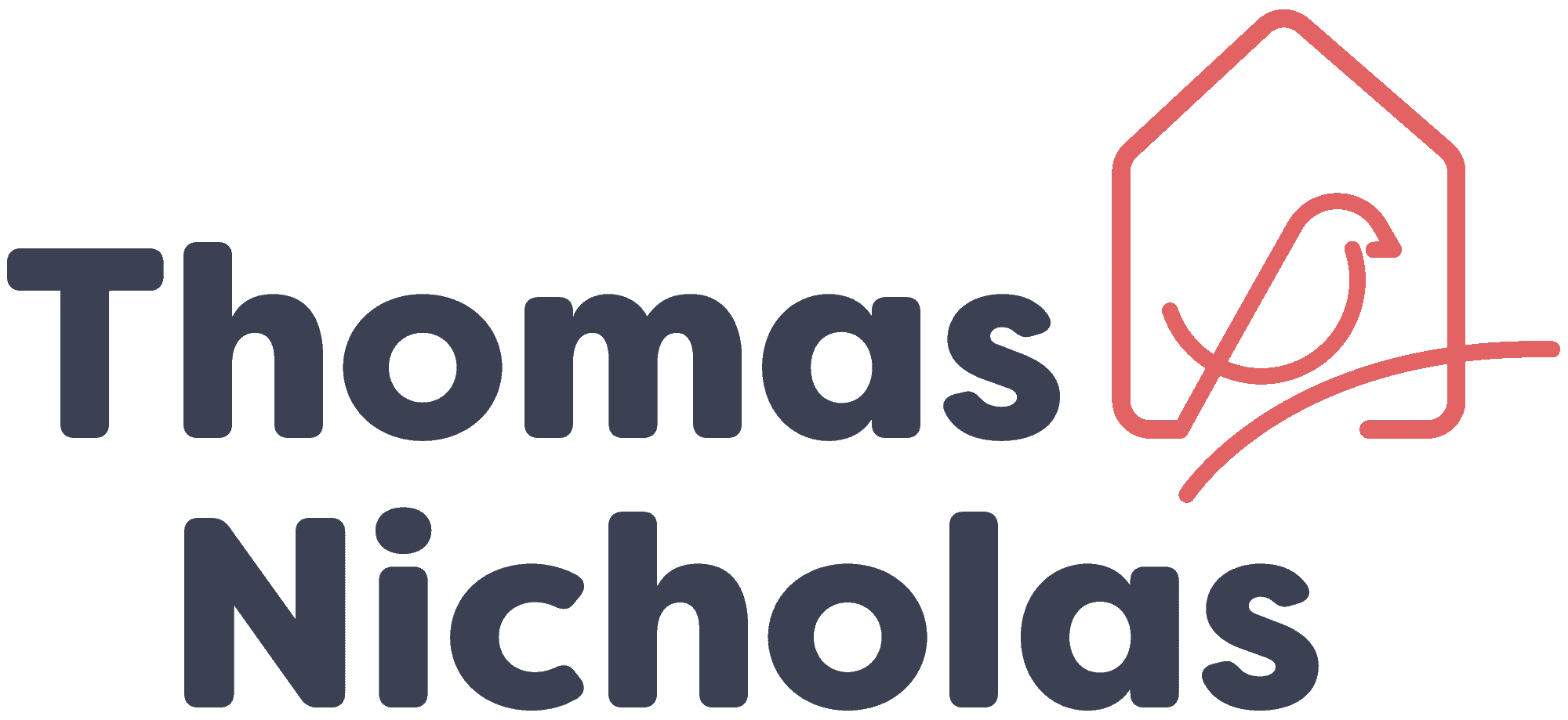When you apply for a mortgage, you’ll agree to a time frame for repaying the loan. It’ll affect how much your monthly repayments are and the total interest you pay. Exploring your options and taking some time to understand the time frame that’s right for you could be important.
The mortgage term is simply how long you’ll repay your mortgage. If you choose a repayment mortgage and keep up with repayments, at the end of the term, you’d own your home outright.
Traditionally, first-time buyers took out a mortgage with a term of 25 years. However, as property prices have increased at a faster pace than wages, it’s now common to repay a mortgage over a longer time frame. Some providers even offer mortgages with terms of 40 years.
The mortgage term is an important consideration if you’re a first-time buyer, but you can also review it at a later date.
As your financial circumstances change, you may decide to shorten the mortgage term in the future so you’re mortgage-free sooner. Alternatively, you could increase the term to provide more flexibility or if you want to borrow more against your home.
If you’re reviewing mortgage options, here are three key questions that could help you choose the right term for you.
1. Are the mortgage repayments affordable for you?
One of the key reasons mortgage terms are increasing is that it’s a way to make repayments more affordable.
Let’s say you’re a first-time buyer borrowing £200,000 through a repayment mortgage with an interest rate of 5%. Your monthly repayment would be:
- £1,170 with a 25-year mortgage term
- £1,010 with a 35-year mortgage term.
If you want to reduce your regular outgoings, extending the mortgage term may be useful.
When you apply for a mortgage, the lender will assess your affordability and whether you could keep up with repayments. However, doing your own calculations and deciding what repayments you’d be comfortable with may also be valuable.
2. How will the mortgage term affect the total amount of interest you pay?
While extending the mortgage term could boost your everyday finances, it would also mean the cost of borrowing is higher.
As you’ll be repaying the mortgage over a longer time frame, the interest accrued will be more.
Again, let’s say you’re borrowing £200,000 with a repayment mortgage and an interest rate of 5%. The total amount of interest you pay over the full mortgage term would be:
- £150,882 with a 25-year mortgage term
- £224,133 with a 35-year mortgage term.
So, while extending the mortgage term could seem like a sensible financial decision if you’re considering the short term, it may cost you thousands of pounds more in interest.
That doesn’t mean choosing a longer mortgage term isn’t the right option – it’s important to balance both short- and long-term finances to understand what’s right for you.
3. Do you need to consider age restrictions?
Lenders will often have an upper age limit for mortgages as they’ll usually want you to have repaid the debt before you retire. The age limit varies between lenders, but it’s often around 70.
So, when weighing up mortgage terms, your age may be important. For instance, if you’re taking out a mortgage in your 40s, you may not have the option of a 35-year mortgage term.
Some providers will allow a mortgage to run into retirement, but it could limit your options.
As well as lender restrictions, it may be worth thinking about your long-term plans and how you’d feel about debt in the future.
Research from PensionBee found that 62% of mortgage holders over the age of 55 worry about how they’ll manage their repayments to the end of the term. Almost half also said they were unsure how they will pay off their mortgage in full.
A longer mortgage term could be useful for managing your finances now, but it could affect your retirement plans.
Please contact us to talk about your mortgage options
Whether you’re a first-time buyer, home mover, or remortgaging, we can help you assess the different mortgage options and understand which could be right for you. If you have any questions or would like to arrange a meeting, please contact us.
Please note:
This blog is for general information only and does not constitute advice. The information is aimed at retail clients only.
Your home may be repossessed if you do not keep up repayments on a mortgage or other loans secured on it.



)
